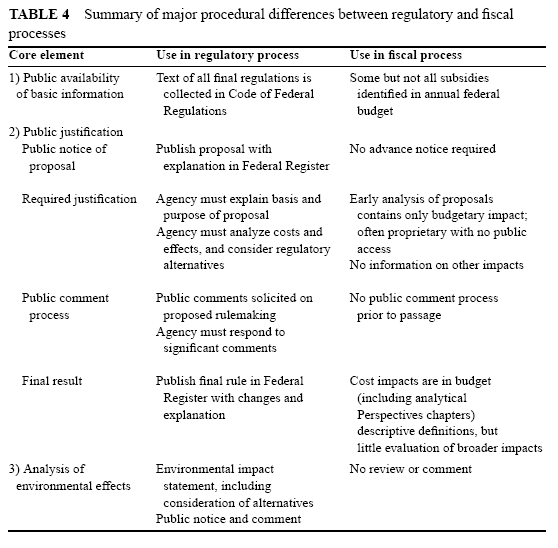Viewpoint: Congressman Fred Upton to be applauded for reviewing fossil fuel subsidies
As a researcher, and a as co-director of watchdog group that have both worked to draw attention to the significant subsidies and tax breaks that are lavished on the fossil fuel industry, we are eager to see elected officials take notice of this waste of taxpayer money, especially as the President and Congress work to address the fiscal cliff disaster. That is why we are pleased that a member of Congress with an important platform has recently joined us in this conversation to review fossil fuels’ role in distorting the free market for energy.




